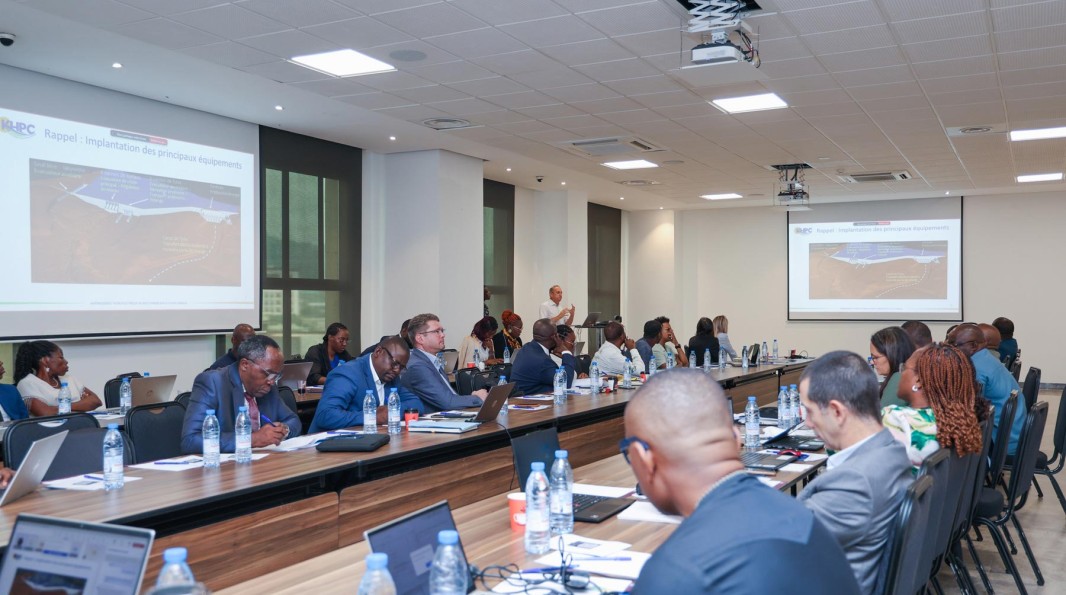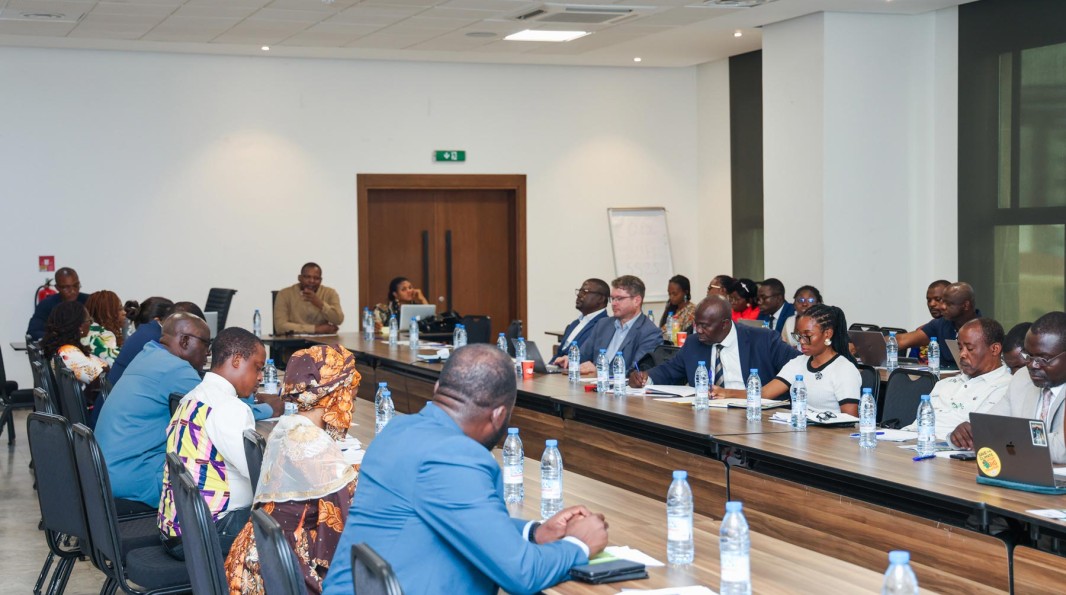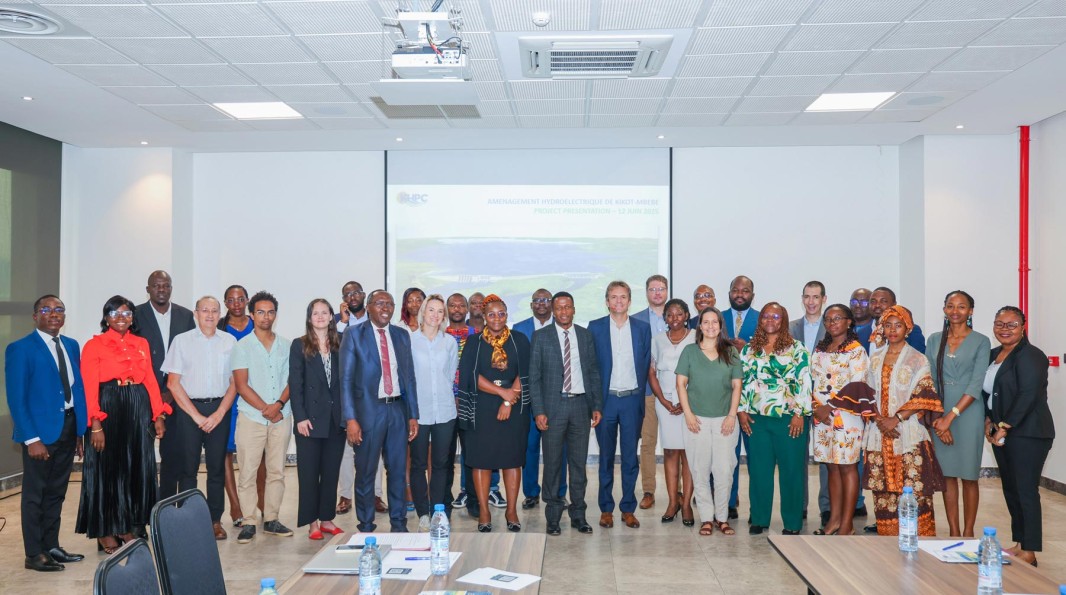The proceedings centered around a workshop held on 12 June 2025 in Yaoundé. In addition to the consultant teams who conducted the various studies, the thirty participants included representatives from public administration (MINEE - Ministry of Water and Energy, MINFOF - Ministry of Forestry and Wildlife, MINEPDED - Ministry of Environment, Protection of Nature and Sustainable Development, MINEPIA - Ministry of Livestock, Fisheries and Animal Industries, MINAS - Ministry of Social Affairs, MINADER - Ministry of Agriculture and Rural Development, MINMIDT - Ministry of Mines, Industry and Technological Development), certain international funders (AFD - French Development Agency, IFC - International Finance Corporation, Proparco), and civil society organizations (WWF, WCS, IDH, etc.). All these stakeholders were able to deliberate on the preliminary results of the Environmental and Social Impact Assessment (ESIA), the proposed Environmental and Social Management Plan (ESMP), and associated measures to manage specific impacts: the Resettlement Action Plan (RAP); the Biodiversity Action Plan (BAP); and the Livelihood Restoration Plan (LRP).
Consequently, all participants were sufficiently briefed on the current status of the Project's environmental and social aspects. The various presentations and discussions enabled them to gather the necessary knowledge to position themselves on the strategic choices required for better mitigation of the identified impacts and risks. Notably, discussions focused on identifying biodiversity compensation options.
The ensuing discussions were participatory and informative. They led to the establishment of a regular, multisectoral collaboration framework to develop consensus-based solution proposals. Indeed, as part of implementing its Mitigation Hierarchy (Avoid – Reduce – Compensate), the Kikot-Mbebe Hydroelectric Development Project has carried out baseline biodiversity studies and preliminary social studies since January 2022, along with complementary in-depth studies on aquatic and terrestrial flora, fish, mammals, household structure, socio-economic activities, cultural and sacred heritage, health, fishing, Non-Timber Forest Products (NTFPs), and the pre-feasibility of resettlement and environmental compensation. The finalization of these studies is currently underway, hence the presentation of the preliminary results.
The next steps will involve the consultants finalizing the studies (ESIA/ESMP, RAP, LRP, and BAP), the review of draft versions by these multisectoral stakeholders, and validation by the administrations responsible for forests and the Environment.


